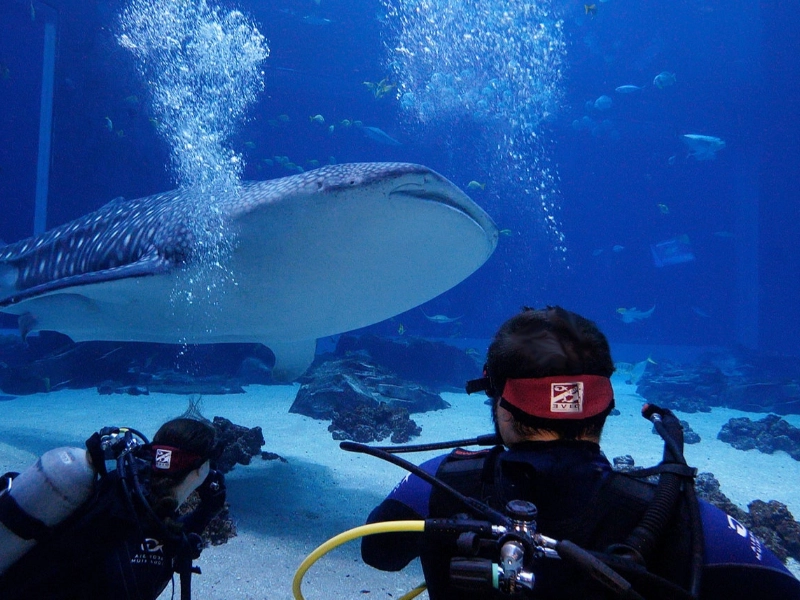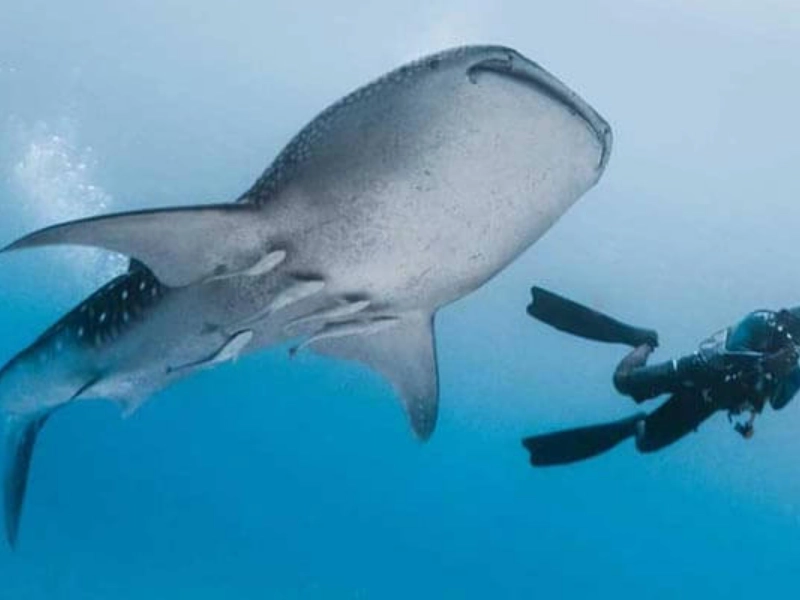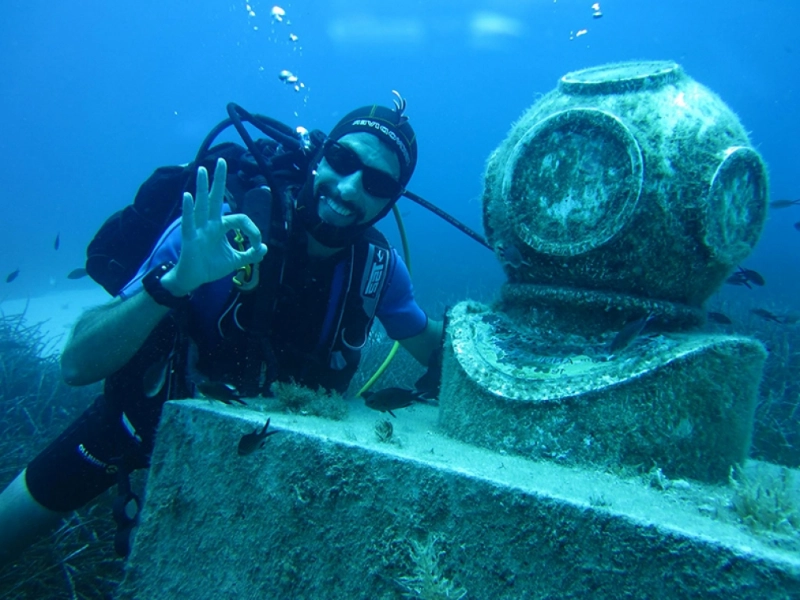Some Advice for Cheap Diving
There are several methods to enjoy diving on a budget, despite the widespread belief that it is an expensive sport. It all comes down to budgeting wisely and looking for value rather than taking short cuts or sacrificing quality or safety. Take a trip in the off-season to avoid the crowds and find discounts. Instead of purchasing equipment, consider renting it, but don't cut corners on quality, as subpar gear might result in tragic dives.
Accommodation

Food
 Savour the underwater marvels of colourful schools of fish, magnificent sea turtles, and coral reefs without breaking the bank. Through cost-sharing, selecting an affordable location, and utilising special offers, you may start your scuba diving journey without going over budget.
An essential component of a diver's diet is food. A diver must constantly refuel in order to prevent exhaustion and cramping because they expend energy quickly.
Complex carbs, such as bread, pasta, and rice, should make up the majority of a scuba diver's diet, along with protein, veggies, and fruit. Eat nothing oily or spicy before diving, as these meals can make you feel queasy or upset your stomach. Moreover, stay away from anything that needs to be chewed because it will make it difficult for you to breathe underwater. Rather, choose a small meal that satisfies your dietary requirements for breakfast or lunch. For instance, an apple, a banana, or a bowl of cereal with milk or low-fat custard. Another healthy choice for a short meal prior to a dive is a sandwich.
Savour the underwater marvels of colourful schools of fish, magnificent sea turtles, and coral reefs without breaking the bank. Through cost-sharing, selecting an affordable location, and utilising special offers, you may start your scuba diving journey without going over budget.
An essential component of a diver's diet is food. A diver must constantly refuel in order to prevent exhaustion and cramping because they expend energy quickly.
Complex carbs, such as bread, pasta, and rice, should make up the majority of a scuba diver's diet, along with protein, veggies, and fruit. Eat nothing oily or spicy before diving, as these meals can make you feel queasy or upset your stomach. Moreover, stay away from anything that needs to be chewed because it will make it difficult for you to breathe underwater. Rather, choose a small meal that satisfies your dietary requirements for breakfast or lunch. For instance, an apple, a banana, or a bowl of cereal with milk or low-fat custard. Another healthy choice for a short meal prior to a dive is a sandwich.
Move around
 It doesn't have to be expensive to pursue scuba diving. You don't have to break the bank to go on an amazing underwater trip with a little imagination and careful planning.
Numerous affordable diving locations are accessible with direct flights from major global gateways. A variety of inexpensive packages are also offered, combining lodging, meals, and dives into a single, reasonably priced excursion.
Divers may have amazing adventures at a fraction of the cost in a number of locations, such as muck diving in Indonesia or shark-hunting in the Philippines. Of course, you'll need a good set of tools, but in the long run, this purchase will save you money. Make sure you have high-quality backpacker insurance before you go, regardless of whether you decide to buy or rent your gear. Should you suffer an accident while diving, you will be covered by this. Travelling during shoulder season is also a smart choice, since it frequently results in lower costs and less crowded situations.
It doesn't have to be expensive to pursue scuba diving. You don't have to break the bank to go on an amazing underwater trip with a little imagination and careful planning.
Numerous affordable diving locations are accessible with direct flights from major global gateways. A variety of inexpensive packages are also offered, combining lodging, meals, and dives into a single, reasonably priced excursion.
Divers may have amazing adventures at a fraction of the cost in a number of locations, such as muck diving in Indonesia or shark-hunting in the Philippines. Of course, you'll need a good set of tools, but in the long run, this purchase will save you money. Make sure you have high-quality backpacker insurance before you go, regardless of whether you decide to buy or rent your gear. Should you suffer an accident while diving, you will be covered by this. Travelling during shoulder season is also a smart choice, since it frequently results in lower costs and less crowded situations.
Gear
 To guarantee diving performance, comfort, and safety, it's critical to select the appropriate equipment for your dive excursions. There are many reasonably priced solutions available, making it simple to locate high-quality, easy-to-use equipment that suits your needs and preferences.
If you're considering buying your own scuba equipment, take into account customised dive gear bundles, which provide more affordable options than purchasing separate parts. Before making a final choice, think about trying on various kinds of equipment; improperly fitting gear can hinder performance and decrease comfort and safety underwater.
Furthermore, if you want to improve your scuba diving abilities, check for less expensive entry-level certification classes. Another option is to look into online eLearning classes, which are typically less expensive than conventional classroom instruction. These choices might save expenses while also enhancing flexibility and convenience.
To guarantee diving performance, comfort, and safety, it's critical to select the appropriate equipment for your dive excursions. There are many reasonably priced solutions available, making it simple to locate high-quality, easy-to-use equipment that suits your needs and preferences.
If you're considering buying your own scuba equipment, take into account customised dive gear bundles, which provide more affordable options than purchasing separate parts. Before making a final choice, think about trying on various kinds of equipment; improperly fitting gear can hinder performance and decrease comfort and safety underwater.
Furthermore, if you want to improve your scuba diving abilities, check for less expensive entry-level certification classes. Another option is to look into online eLearning classes, which are typically less expensive than conventional classroom instruction. These choices might save expenses while also enhancing flexibility and convenience.









